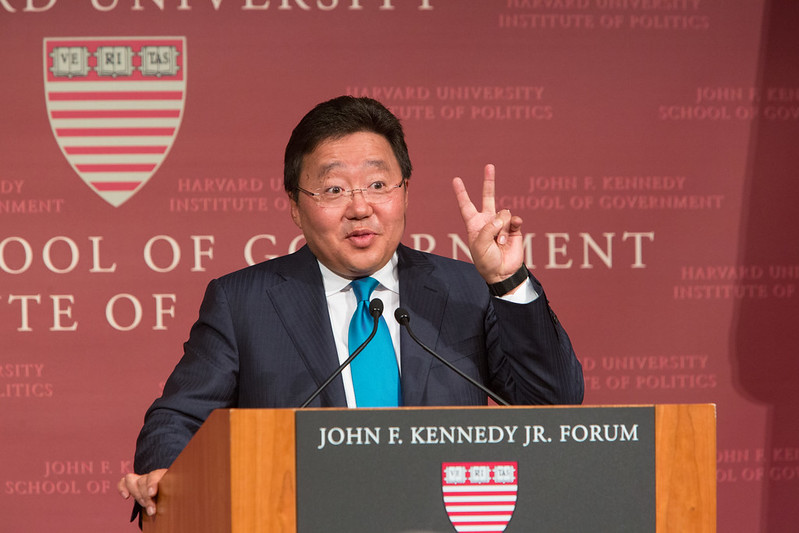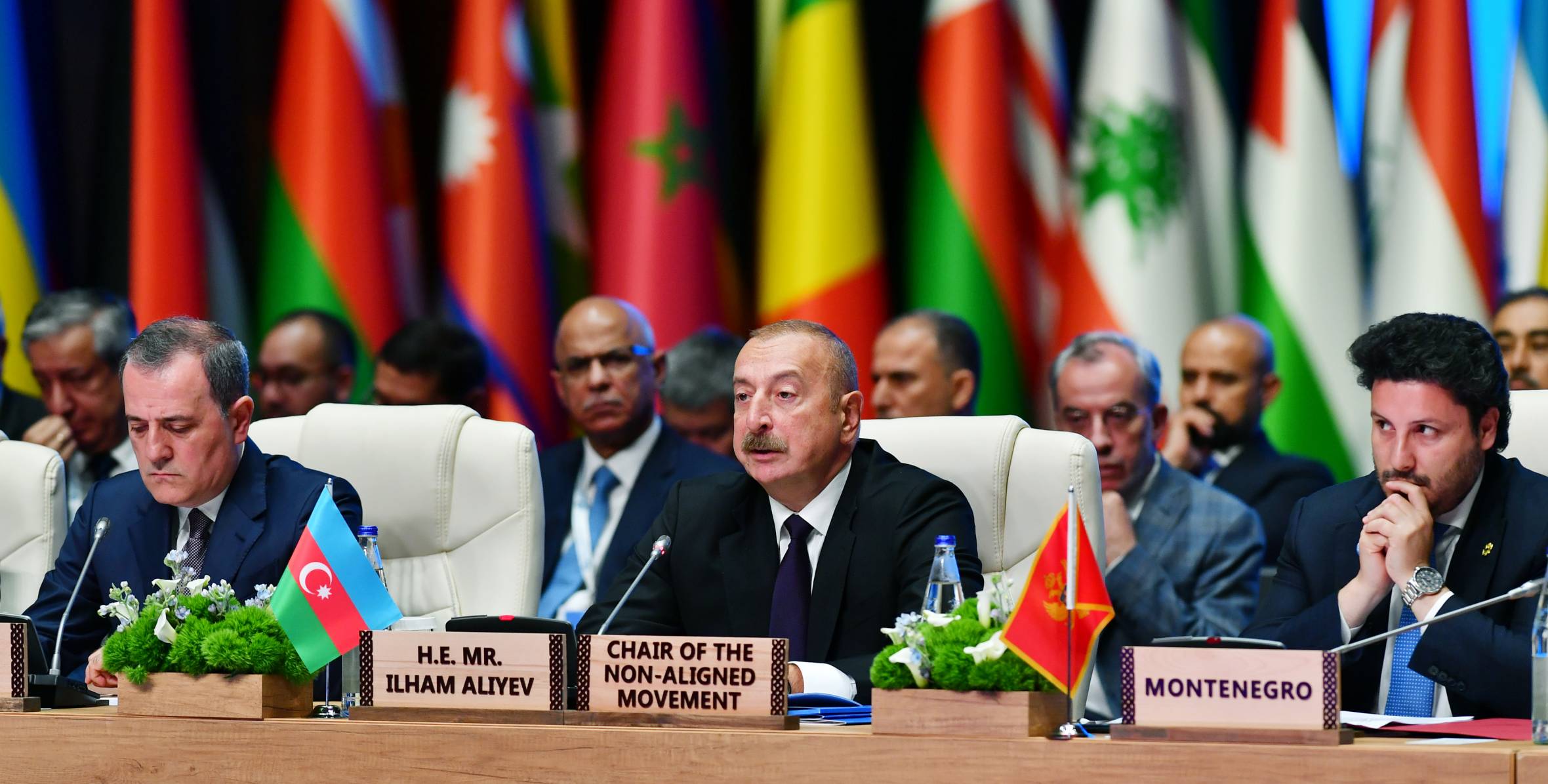
Mongolia is one of the countries that speaks to the imagination of many. News reports about this Eastern-Asian country are rare in the Western mainstream media. When The Liberum learned about a massive corruption scandal involving former Mongolian president Tsakhiagiin Elbegdorj, who now presents himself as a corruption fighter in the upcoming June elections, we asked one of our veteran researchers to look closer. This is what he found out.
By Alberto de Luca
Even though Mongolia is one of the largest countries in the world (ranking 19th, with its 1,5 million square kilometres), its population is 121st globally, which amounts to barely more than 3 million people. It is undoubtedly one of the few nations that still maintains a solid amount of exotic captivation for the Western reader. Not yet on the map of global tourism, it is still visited by a relatively low number of what are perceived as adventurous travellers.
The name of its capital itself, Ulaanbataar, is full of exotic suggestions, as not much is known about it outside Asia. Not surprisingly, then, is the fact that the same fuzziness also encircles Mongolia's political life. To get a (very) prominent name of a Mongolian personality known worldwide, we must go back to the 13th century when Genghis Khan founded the Mongol Empire, which later became the largest contiguous land empire in history. Western media dedicates very little, if any, space to political news coming from Mongolia.
This is precisely why we at The Liberum were quite bewildered to find on our international desk a remarkable number of papers related to several striking controversies related to Elbegdorj and some well-known public figures. After careful examination, some interesting facts emerged that deserve to be exposed—to break the wall of silence.
To understand the scenario, one needs to know that there are two major parties, the People’s Party and the Democratic Party, that dominate Mongolia’s political scene. They alternate holding power in what is considered a fair democratic system even by external observers.
However, the documents The Liberum received indicate that there have been malpractice cases that seem to involve personalities at the highest level of the State. One of the cases brought to our attention is linked to the mining company Achit Ikht. Mining is an essential national industry, accounting for 90% of Mongolia's exports and 25% of its GDP.
The company under discussion is owned by Tsagaan Puntsag, former Democratic Party chief of staff at the former Mongolian president's office, which should already raise eyebrows. In 2019, a local investigative journalist revealed that Tsagaan Puntsag had arranged deals to take ownership of the plant while in charge.
More recently, in April 2024, the police made public a chat between Tsagaan and former President Elbegdorj discussing a transaction of 13 million dollars related to the plant and to be used for electoral purposes.
The name of former President Elbegdorj has also resurfaced in another intricate case involving the disappearance of 21 paintings from the presidential palace when he was in charge (2009 to 2017). According to the news websites UBNews and 24tsag, these paintings were recently found at the residence of a certain KH Boldbaatar, Mr. Elbegdorj's brother-in-law.
If verified, this will represent a massive embarrassment for the former President.
However, the most troublesome event linked to the state of corruption in the Country is the death of 36-year-old Sanjaasuren Zorig, stabbed to death in his apartment just the day before he was expected to be nominated Prime Minister in October 1998. That day, the New York Times titled “A Gentle Hero Dies, and Mongolia's Innocence, Too.”
Although some individuals have been prosecuted for the killing, the process has been very controversial, involving accusations of torture and forced confessions. For these reasons, it is still largely believed that the case has never been solved. Many indicate that this assassination was politically motivated, as Zorig would have jeopardised the ongoing extended corruption net existing at the time at the high political level.
What is clear here is that our search for information on Mongolia's political system has revealed the existence of an intricate network of power and money in the Country. The current Prime Minister, Oyun-Erdene, has cemented his reputation as a corruption fighter.
In Latin, we say Fiat iustitia ut non ruat caelum, or “Let Justice prevail”. For the sake of Mongolia, where about one in three still live in poverty, let the Justice system do its work.






Actually Mr De Luka's true. Elbegdorj made many illegal acts during his presidential period. He was direct ruling corrupting, torturing, owning of state resources and affecting to illegal contracts.